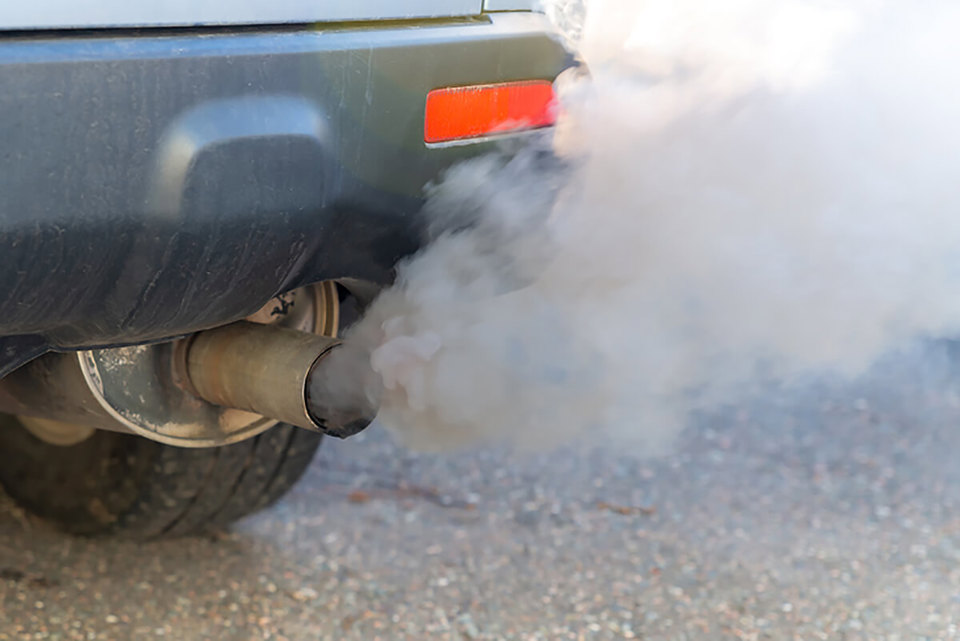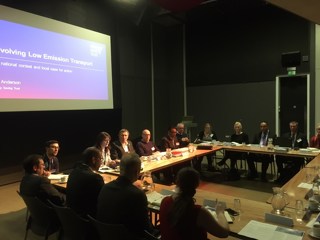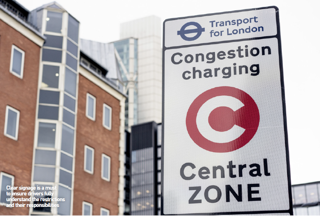Businesses have been urged to start planning for the introduction of the Leeds clean air zone (CAZ) after the Government this week approved the city council’s proposals.
The CAZ, which will come into effect on January 6, 2020, will encompass the majority of the city and non-Euro VI HGVs, buses and coaches will face a £50 daily charge for driving in the zone, while non-Euro 6 diesel and non-Euro 4 petrol taxis and private hire vehicles will incur a £12.50 charge. Private vehicles will not be charged.
The government has also awarded the city council £29 million to implement the zone, although this is £11m short of the amount the local authority wanted to help businesses transfer to more environmentally-friendly fleets.
James Lewis, the council’s executive member with responsibility for sustainability and the environment, said: “Having now received the green light from the Government, our priority is to ensure the successful delivery of the clean air charging zone as required by ministerial direction over the next 50 weeks.
“Businesses that are likely to be affected need to look at the vehicles they operate and begin their final preparations for the introduction of the zone.
“We recognise this will be a difficult transition for some businesses to make. We have not received the full amount of funding that we asked the government for, however, we are pleased to confirm that a number of significant support packages will be available to assist owners of affected vehicles.
“We will be working hard to make sure this money is available swiftly.
“Leeds City Council will not make money from these charges. Charge revenues will only be used to cover the costs of operating the CAZ, to support owners of affected vehicles, and for other schemes to improve air quality in the city.”
Of the central government funding, £23 million will be spent on supporting local businesses, while the remaining £6m will cover the costs of cameras to police the CAZ.
The funding options available are:
- HGVs – grants of up to £16,000 per affected vehicle, subject to a funding competition, up to total funding of £13.8m
- Buses/coaches – grants of up to £16,000 per affected vehicle, subject to a funding competition, up to a total of £2m
- Taxis/private hire vehicles – interest-free loans up to £10,000 per affected vehicle or grants of up to £1,500 per affected vehicle, subject to meeting the council’s eligibility criteria, up to total funding of £7.3m.
The grants can be used to either retrofit or be put towards the cost of purchasing a new vehicle.
However, the BVRLA is warning that many commercial vehicle operators will not have enough time or money to upgrade their fleets ahead of the introduction of the CAZ.
Gerry Keaney, chief executive of the BVRLA, said: “Around half of the UK truck fleet is currently non-compliant with the CAZ standards so we are pleased to see that Leeds City Council will be providing support to HGV operators.
“With less than a year to go until the new charging zone comes in, small businesses will need all the help they can get as they will be hardest hit by charges.
“With a typical rigid 18-tonne truck costing £40,000, many companies are going to face massive costs in upgrading their fleets.
“We would like to see more cities following in the footsteps of Nottingham, whose air quality measures are set to reach targets without the introduction of charging zones.”
For more on clean air zones and to view our interactive map showing towns and cities considering schemes, click here.























Honest John - 24/01/2019 11:23
Absolute disgrace. Another tax on the easy target motorist. This is without doubt the first steps to applying charges for residents who live inside the CAZ. Give it 2 years before the council says it's been such a fantastic success that they are rolling it out to include all vehicles that don't have the latest Euro engines fitted including residents. Well at least the £30 million wasted on the Leeds Cycle superhighway might now not be such a White Elephant after all.